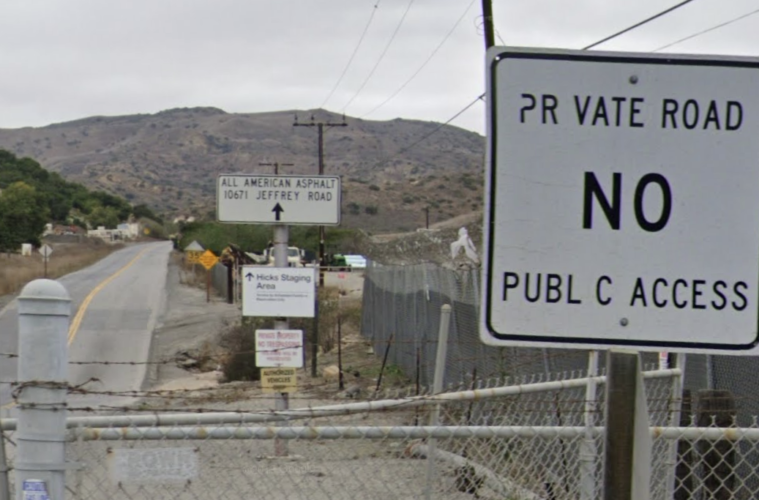On Wednesday, August 25, Irvine Mayor Farrah Khan posted recently released emissions data from the South Coast Air Quality Management District (AQMD) on her Facebook page. Now, the City Council is set to discuss the findings, along with a presentation from AQMD and UC Irvine, on Tuesday, Sept. 14.
In her post, Khan addressed the fact that she worked with Council member Larry Agran to place an item on the City Council meeting agenda for September 14, but wrote that Agran did not want to move forward.
Khan’s post drew dozens of negative comments from residents who say AQMD presentations do not give the public a say in what is discussed.
“I tried to work with Councilmember Agran on agendizing a presentation and discussion on the latest data with AQMD and UCI researchers present, however, he did not want to move forward with the memo,” Khan wrote. “Therefore, Councilmember Kuo and I have asked to agendize the item at our Sept. 14 City Council meeting.”
In a follow-up conversation about Khan’s post, Agran said he was unaware Khan had mentioned him, adding that he had been asking Khan to use her authority to call a special meeting, exclusively with AQMD.
“The mayor instead chose to agendize a presentation which is different, via the Air Quality Management District, by the city staff, but it doesn’t include the organized residents themselves, given the opportunity to make a presentation,” he said in an interview with Irvine Weekly on Thursday, August 26.
Agran added that he chose not to second Khan’s motion because he felt like another presentation from AQMD would result in more silencing of Irvine residents who are voicing concerns.
“It wasn’t what I had requested. I requested that she call a special meeting, and in that memo my request also included assurance there be ample opportunity for the residents themselves to make a presentation,” he said. “I simply didn’t want to sign on to that, but it’s not like we had a big argument or anything.”
The data indicate no “elevated levels of air toxins detected,” but also state “air toxic monitoring levels below long term health-based thresholds,” according to the fact-sheet.
Jun Wu, a professor at UC Irvine, said that using low-cost sensors to measure potentially hazardous volatile organic compounds did not accurately “correlate to actual concentrations,” adding that low-cost sensors should not be used to make any health risk estimates or source characterization.
“Basically, the correlation between the sensor-based VOC vs. the reference instrument was poor and the sensor over-estimated the VOC concentrations. Thus, I do not think it is a good idea to use the sensor data to make any health risk estimates or source characterization,” Wu wrote in an email to Irvine Weekly on Thursday, August 26. “The sensor data did show spatial and temporal variations in the community and over time, but given it is a poor correlation with the reference instrument, it is hard to tell what these variations mean.”
While the most recent AQMD emissions report indicates that no elevated levels of air toxins were detected, Agran is choosing to side with what the residents say they are experiencing. Furthermore, Agran says he has looked at the data himself and said there are “alarming” findings that need to be investigated.
“I know the general suggestions seems to be that AQMD, city of Irvine, consultants — they haven’t found anything of concern — well, that’s not true,” he said. “There are many alarming aspects of the data — and even more important than that is what the residents are experiencing in terms of adverse health effects. We’ll see if these distinctions are made at the time of the presentation.”
Advertising disclosure: We may receive compensation for some of the links in our stories. Thank you for supporting Irvine Weekly and our advertisers.

